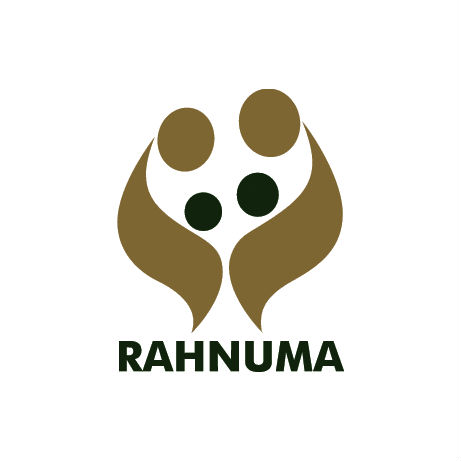

| 31 March 2016
Rahnuma-Family Planning Association of Pakistan
Rahnuma (formerly the Family Planning Association of Pakistan or FPAP) started serving poor and marginalized people in Pakistan as the Family Planning Association of Pakistan (FPAP) in 1953. After over 50 years of momentous achievements, the FPAP felt that its name did not fully reflect the scope of its work. It renamed itself ‘Rahnuma’, an Urdu word meaning 'one who shows the path and provides direction'. Rahnuma was one of the pioneers in providing family planning services and advocating for spacing of childbirth and for smaller families. The government later embraced the cause by establishing the Ministry of Population Welfare. In the space of a decade, Rahnuma grew from a single clinic, based in 1 room in Karachi, to a large-scale operation with an infrastructure of district branches offering model clinics and information and educational facilities. Today, the network operates nearly 5,000 service points, comprising 118 permanent clinics, 11 mobile units, 191 associated clinics and over 2,000 community-based distributors/services (CBDs/CBSs). It also handles referrals to over 2,143 private physicians. Rahnuma has developed innovative programmes to increase access to high-quality, affordable health services. It has advocated for a rights-based approach to sexual and reproductive health (SRH), for the empowerment of particular groups within communities (especially women and young girls), and for the strengthening of civil society in Pakistan. As the sexual and reproductive health and rights (SRHR) agenda has shifted over the years, Rahnuma has increasingly embraced SRHR in the context of national development and poverty alleviation, owing to the direct connection between socio-economic conditions and health and well-being. Contacts Website: http://www.fpapak.org Facebook: https://www.facebook.com/rahnuma.fpap.9 Twitter: https://twitter.com/Rahnuma_FPAP

| 31 March 2016
New Zealand Family Planning
New Zealand Family Planning (NZFP) runs 30 permanent clinics and 30 mobile facilities which offer a range of sexual and reproductive health services, including contraceptive advice and prescriptions, testing and treatment of sexually transmitted infections (STIs) including HIV, pregnancy testing and advice, and cervical screening. NZFP also runs schools-based clinics, predominantly in high needs areas, and its health promoters operate at 15 locations across the country. The health promoters work with schools, parents, and caregivers to lead courses on sexual and reproductive health (SRH). Some of this work extends into prisons and marae (Maori meeting places). Since sexuality education became compulsory in New Zealand secondary schools in 2001, NZFP has been closely involved in running courses, and in training staff to deliver effective SRH lessons. The organization plays a key role in advocating at national and international level for legislative change to promote the right to control SRH as a fundamental human right. It is a particularly active participant in the New Zealand Parliamentarians Group on Population and Development, where the organization’s expertise in delivering services to answer people’s SRH needs provides a practical grounding for policy improvements. Contacts Website: www.familyplanning.org.nz Facebook: https://www.facebook.com/familyplanningnz







